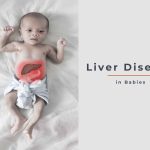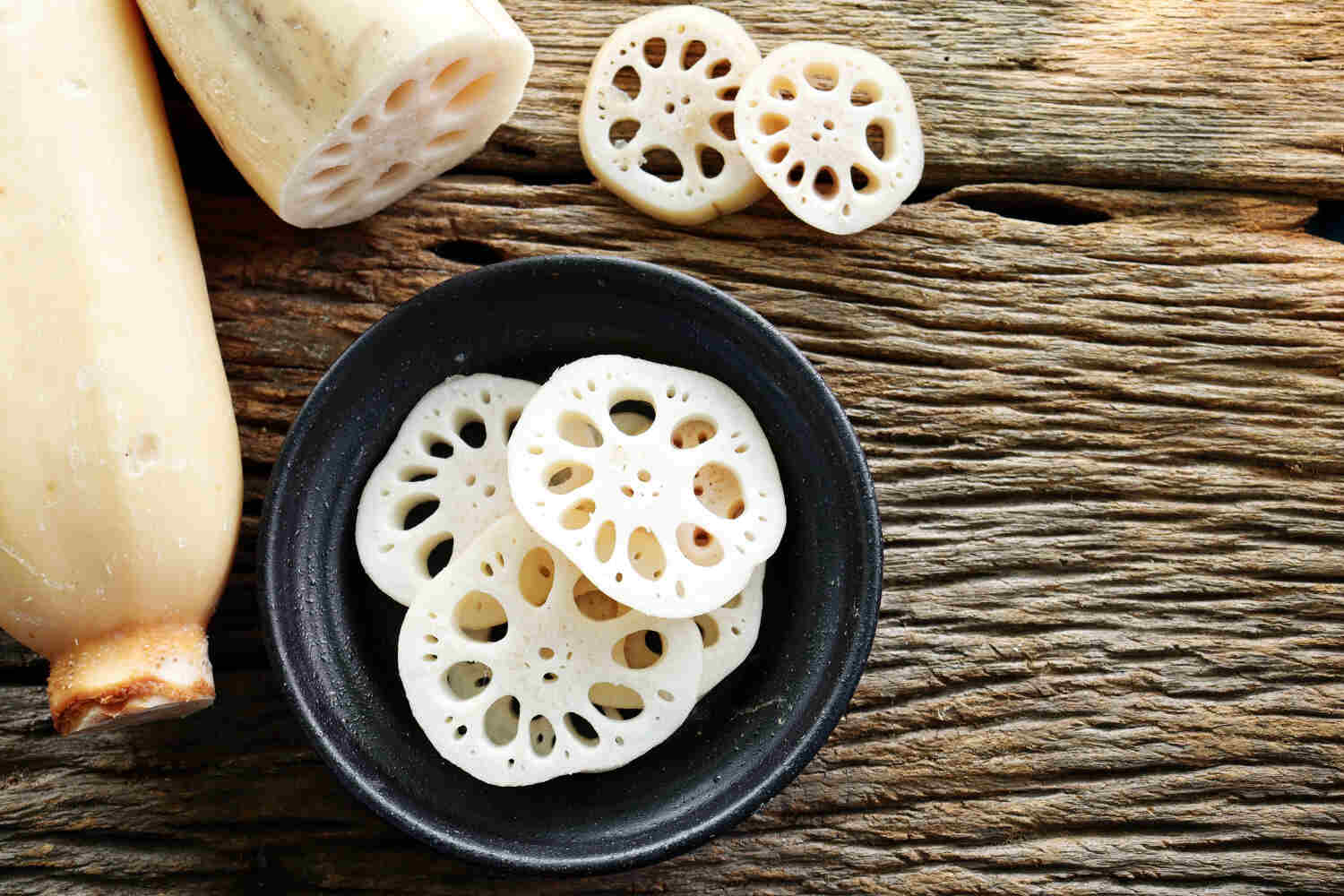
Breastfeeding During Chickenpox- Safety & Precautions
6 min readWritten by Ajanta Biswas


Breastfeeding during the first 6 months of your baby is highly essential and you should not avoid it under any circumstances. But what if the mother catches chickenpox? Is it safe then to breastfeed while having chickenpox? If yes, then what are the precautions the mother needs to take while breastfeeding during chickenpox?
Here is a detailed study of everything you need to know about breastfeeding during chickenpox. You will get to know the do’s and don’ts, along with the symptoms and causes of chickenpox.
In This Article
- Is it Safe to Breastfeed When Having Chickenpox?
- Precautions for Breastfeeding During Chickenpox
- Symptoms of Chickenpox
- What are the Causes of Chickenpox?
- Diagnosis of Chickenpox
- What are the Treatments of Chickenpox in Breastfeeding Mothers?
- What are the Self-Care Measures to Ease Breastfeeding With Chickenpox?
- FAQ’s
Is it Safe to Breastfeed When Having Chickenpox?
The answer is yes. You can safely breastfeed your baby even if you have chickenpox. According to a study in breastfeedingnetwork.org, there is no proof that breastmilk transfers the chickenpox virus.
On the contrary, antibodies of chickenpox (Varicella Zoster) can transfer through breast milk and make the baby immune to chickenpox. Thus, even if the baby gets affected with chickenpox, it will not get severe. Also, the most affected period is the 1-2 days before the rash appears. So by the time you get to learn about your chickenpox, you may transfer it to your baby unconsciously. Avoiding breastfeeding thus is unnecessary.
Washing hands, wearing a mask, and covering most of the body parts while breastfeeding can be done for protecting the baby. But if you have severe vesicles on your breasts, then do not direct breastfeed. In that case, you can pump the breast milk into bottles and refrigerate it. Thus, your baby will not get devoid of healthy breastmilk and you can prevent mastitis as well.
Precautions for Breastfeeding During Chickenpox
You should continue breastfeeding even while having chicken pox. But there are some precautions you need to follow:
- According to a cdc.gov report, if the vesicle occurs on or near your areola, then you should avoid direct breastfeeding. As, while breastfeeding, the baby’s mouth can touch the lesion and catch the infection.
- If one breast is affected and the other one’s areola is clean, then you can continue nursing with the unaffected one.
- While breastfeeding you will have to cover most of your body parts, especially, your chest and belly. Wear a nursing dress so the baby cannot get into direct contact with your skin.
- As the chickenpox virus can transmit through water droplets, you should wear a mask while breastfeeding.
- The first 5 days of the occurrence of chickenpox are highly contagious. Avoid direct breastfeeding as the vesicles remain tender and fluid-filled during this time.
Also, you should contact your doctor to get his/her view on the situation. If the mother is severely affected and is unable to breastfeed, then the doctor may prescribe a lactation consultant and formula milk.
Symptoms of Chickenpox

Chickenpox can occur from ten days to three weeks after you being exposed to the virus. This time is called the incubation period. After the incubation period, the symptoms of chickenpox get widely visible.
The symptoms of chickenpox are:
- Fever and tiredness during the first few days
- Loss of appetite happens for some, especially those who have chickenpox even inside their throat
- Headache
- Weakness and irritation
- Skin rashes and vesicles filled with water-like fluid
- Severe itching on the skin as these vesicles starts drying. Chickenpox in adulthood gets more severe than in childhood. So for mothers having the first-ever infection get more severe symptoms compared to the mothers who have had the infection in childhood.
What are the Causes of Chickenpox?
Chickenpox is caused by Varicella-Zoster Virus (VZV). It is a highly contagious virus and it can spread both through direct contact and air droplets:
1. Direct Contacts
The virus can spread to the person if s/he comes into direct contact with the rashes. This can also happen if the person unknowingly touches the infected person’s clothes, utensils, etc.
2. Air Droplets
If a person breaths in the same air as the infected person, the virus can transfer through tiny water droplets that are secret from the infected person while coughing, sneezing, or even talking.
The chances of catching the infections get high if one of the family members gets affected by chickenpox. In such a case the nursing mother should avoid contact with that member and live in a separate room.
Diagnosis of Chickenpox

Usually, there is no need to take medicines for chickenpox. Our body develops immunity and combats the virus naturally. And it will take about two weeks to recover whether or not you take medicines for chickenpox. But it’s always advisable to contact a doctor.
In a special scenario, such as during pregnancy or for breastfeeding mothers or if the infection is too serious, seeking medical aids is imminent.
There is generally no need for a blood test to confirm chickenpox as it is easily recognizable. But if the rashes seem familiar to other skin diseases, or there is a lesion outbreak, then the doctor may suggest a blood test.
What are the Treatments of Chickenpox in Breastfeeding Mothers?
There is no such medicine dedicated to chickenpox. Doctors prescribe medicines according to the symptoms of each person:
- For fever and body pain doctors can prescribe OTC medicines.
- For severe itching, they can prescribe Antihistamines.
- If you consult the doctor within 24 hours of the emergence of rashes then s/he may give you an antiviral drug. This drug can lessen the severity and duration of the disease.
- Breastfeeding moms can also take antiviral drugs. But after 24 hours of the emergence of rashes, there is no significant effect of taking such drugs.
- If the baby catches chickenpox shortly after birth, then the doctor will recommend antiviral drugs to the baby as well.
What are the Self-Care Measures to Ease Breastfeeding With Chickenpox?
You need to take special care of your body when you are a nursing mother. It becomes tough to eat and digest solid food when you catch chickenpox. So you need to take:
- Liquid food like chicken stew, soups, lentil, and vegetable purees instead of solids.
- You need to drink enough water to keep your body hydrated.
- You need to eat protein and vitamin-rich food regularly.
To reduce the itching and irritation of rashes you can apply:
- Neem leaves gently over the itching area.
- You can take a bath in neem leaves boiled water or sprinkle neem leave water on the vesicles. It will dry up the vesicles.
- You can even spread neem leaves on your bed before sleeping.
Other than neem you can also apply:
- A soothing lotion on the infected area.
- Take a bath with uncooked finely ground oatmeal.
- Mix baking soda in warm water. Soak a piece of cotton cloth into it. Dab it on your severely blistering vesicles. It will help to dry them. However, do consult your doctor before taking any such step to make sure your body is fine with it.
Most importantly, you need to cut your nails short and clean them regularly as you can scratch the vesicles in sleep. And you need to seek a doctor’s help if you get infected while your C-section stitches are still healing.
So you can breastfeed your baby while having chicken pox, but you will have to be clean and conscious. You need to maintain proper hygiene, wear a mask, and cover everything except the nipples before breastfeeding. Also, you will have to maintain a distance from your baby and come close only while breastfeeding.
FAQ’s
1. Can Viruses Pass Through Breast milk?
According to the study by Robert M Lawrence in viruses like CMV, HIV, and HTLV-I can transmit through breast milk and cause infection in the baby. But there is no trace of chickenpox virus or VZV virus in the infected mother’s breast milk. Yet a prophylactic immune therapy can be done to protect the infant against the virus. You can read about the study here.
2. Do Breastfed Babies Get Chickenpox?
Breastfed babies can get chickenpox especially if their mother is affected by the virus. But the transmission of the virus does not occur through breast milk. The virus can easily transmit through air. Thus the baby can and in most of the cases get chickenpox if the mother is infected, but that does not mean the mother should cease breastfeeding.
3. How long is the Incubation Period for Chickenpox?
In general, chickenpox will appear within 10 to 16 days of being exposed to the VZV virus. But the incubation period of chickenpox can extend up to three weeks.

Ajanta Biswas,MA (English)
Studying English literature has been highly instrumental in creating a love for English and World Literature for this writer. Ajanta has been writing for more than two years. She specializes in creating short and crisp blogs that can create awareness among women about healthy pregnancy and among parents about better parenting.Read more.
Responses (0)
Want curated content sharply tailored for your exact stage of parenting?
Related articles

Liver Diseases in Babies – Causes, Symptoms and Treatment

When Can Babies Sleep on Their Stomachs Safely?

Green Parenting – 7 Ways To Raise An Eco Baby

Lotus Root For Babies – Is is Safe, When to Introduce and Top Benefits

Sacral Dimples in Newborns – What is it, Types and Complications

No Cry(No Tears) Method of Sleep Training Your Baby – Know All About it
Sponsored content
Discover great local businesses around you for your kids.
Get regular updates, great recommendations and other right stuff at the right time.





